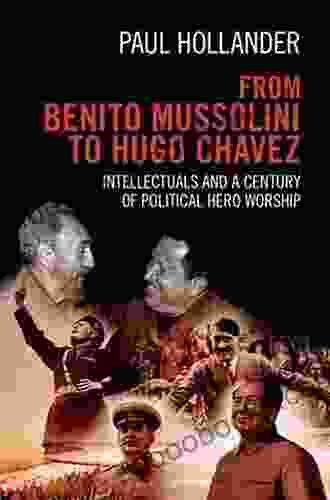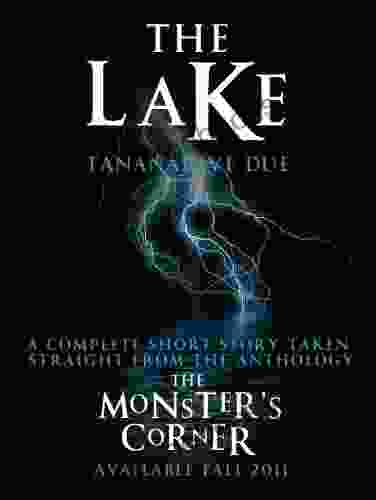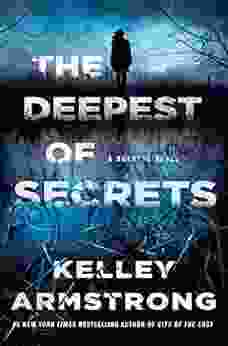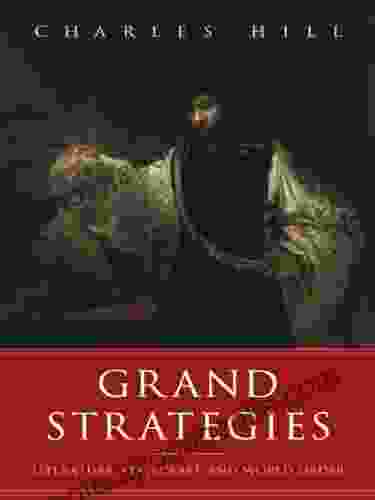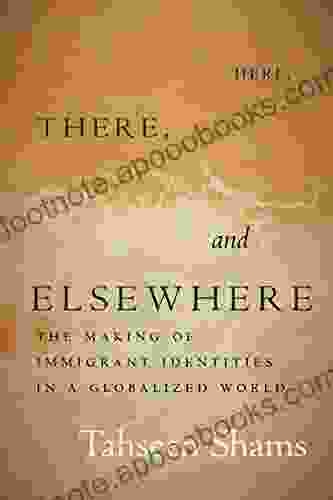Intellectuals and a Century of Political Hero Worship: Unveiling the Perils of Uncritical Adulation

In the realm of modern intellectual discourse, the allure of political hero worship has cast a long and enduring shadow over the past century. From the charismatic sway of Lenin and Mao to the fervent adulation of Reagan and Thatcher, the adoration of political figures has often blinded societies to the potential pitfalls of uncritical reverence. In his groundbreaking work, "Intellectuals and a Century of Political Hero Worship," historian Richard Wolin delves into the intricate relationship between intellectuals, political leaders, and the dangerous consequences that can arise when admiration turns into unquestioning devotion.
Intellectual hero worship, as Wolin argues, is a complex phenomenon that transcends mere political affiliation. It involves the elevation of a political figure to a position of almost divine authority, imbuing them with an aura of infallibility and shielding them from critical scrutiny. This unyielding veneration often manifests itself in an unwillingness to question the leader's motives, decisions, or policies, even when evidence of wrongng emerges.
Wolin traces the roots of intellectual hero worship back to the late 19th century, when the rise of mass media and popular culture created a new space for the dissemination and legitimization of political leaders. This phenomenon was further amplified by the advent of modern political ideologies, such as communism and fascism, which often relied on the cult of personality to consolidate power.
4.4 out of 5
| Language | : | English |
| File size | : | 3067 KB |
| Text-to-Speech | : | Enabled |
| Screen Reader | : | Supported |
| Enhanced typesetting | : | Enabled |
| Word Wise | : | Enabled |
| Print length | : | 330 pages |
Throughout the 20th century, Wolin identifies numerous examples of intellectuals succumbing to the allure of political hero worship. From the adoration of Lenin by Western intellectuals like Sidney and Beatrice Webb to the blind support for Stalin by the French philosopher Jean-Paul Sartre, the intellectual community has often been complicit in perpetuating the cult of the strongman.
The consequences of intellectual hero worship can be devastating, as Wolin argues. When intellectuals abandon their critical faculties and embrace uncritical admiration, they undermine their own credibility and contribute to a climate of political extremism. By unquestioningly supporting leaders who may be flawed or even corrupt, intellectuals become enablers of tyranny and stifle the free exchange of ideas.
Moreover, hero worship can lead to a dangerous polarization of society. When intellectuals split into factions based on their political allegiances, the ability to engage in meaningful dialogue and compromise is diminished. This can lead to a breakdown in civil discourse and an erosion of democratic values.
To illustrate the perils of intellectual hero worship, Wolin examines several case studies of leaders who have been the subject of intense admiration and uncritical support.
Lenin: The founder of the Soviet Union was hailed by many Western intellectuals as a visionary revolutionary who would usher in a new era of social justice. However, Lenin's authoritarian rule and ruthless suppression of dissent cast a dark shadow over his legacy.
Mao Zedong: The leader of China's Communist Party was similarly admired by intellectuals around the world for his role in liberating the country from colonialism. However, Mao's disastrous policies, such as the Great Leap Forward, led to millions of deaths and widespread suffering.
Ronald Reagan: The conservative president of the United States was adored by many intellectuals for his anti-communist stance and his free-market economic policies. However, Reagan's policies also contributed to widening income inequality and the erosion of social welfare programs.
In the 21st century, the advent of social media has further fueled the fire of intellectual hero worship. Social media platforms allow individuals to broadcast their political opinions and connect with like-minded others, creating echo chambers that reinforce existing biases and make it easier for demagogues to cultivate a following. This phenomenon has led some commentators to warn of the rise of a new era of "digital hero worship."
In "Intellectuals and a Century of Political Hero Worship," Richard Wolin delivers a timely and incisive analysis of a dangerous phenomenon that has plagued the intellectual community for generations. By examining the historical roots, manifestations, and consequences of hero worship, Wolin exposes the perils of uncritical adulation and the importance of a critical and independent-minded intelligentsia.
As we navigate the uncharted waters of the 21st century, it is more important than ever for intellectuals to remain vigilant against the allure of hero worship. By embracing critical thinking, resisting the temptation of unquestioning loyalty, and fostering a culture of open and respectful dialogue, we can help ensure that the pursuit of political power does not come at the expense of our democratic values.
4.4 out of 5
| Language | : | English |
| File size | : | 3067 KB |
| Text-to-Speech | : | Enabled |
| Screen Reader | : | Supported |
| Enhanced typesetting | : | Enabled |
| Word Wise | : | Enabled |
| Print length | : | 330 pages |
Do you want to contribute by writing guest posts on this blog?
Please contact us and send us a resume of previous articles that you have written.
 Book
Book Novel
Novel Page
Page Chapter
Chapter Text
Text Story
Story Genre
Genre Reader
Reader Library
Library Paperback
Paperback E-book
E-book Magazine
Magazine Newspaper
Newspaper Paragraph
Paragraph Sentence
Sentence Bookmark
Bookmark Shelf
Shelf Glossary
Glossary Bibliography
Bibliography Foreword
Foreword Preface
Preface Synopsis
Synopsis Annotation
Annotation Footnote
Footnote Manuscript
Manuscript Scroll
Scroll Codex
Codex Tome
Tome Bestseller
Bestseller Classics
Classics Library card
Library card Narrative
Narrative Biography
Biography Autobiography
Autobiography Memoir
Memoir Reference
Reference Encyclopedia
Encyclopedia Kira Thurman
Kira Thurman Chao Chen
Chao Chen Mark Waters
Mark Waters Catherine M Appert
Catherine M Appert Wesley G Skogan
Wesley G Skogan Rosa Koire
Rosa Koire Caroline Heldman
Caroline Heldman Susan Ware
Susan Ware Yuliya Andreevna Skripchenko
Yuliya Andreevna Skripchenko Colette Makray
Colette Makray Mike Barton
Mike Barton Carrie Newlands
Carrie Newlands Tyrone Steele
Tyrone Steele Rolf Alexander
Rolf Alexander Robert Aldrich
Robert Aldrich Christian Cosme
Christian Cosme Karen E Mcconnell
Karen E Mcconnell Lytton Strachey
Lytton Strachey Chris Bolgiano
Chris Bolgiano Cathy Lisa Schneider
Cathy Lisa Schneider
Light bulbAdvertise smarter! Our strategic ad space ensures maximum exposure. Reserve your spot today!

 Austin FordLearn to Play Your Favorite Christmas Song on Guitar with "We Wish You Merry...
Austin FordLearn to Play Your Favorite Christmas Song on Guitar with "We Wish You Merry...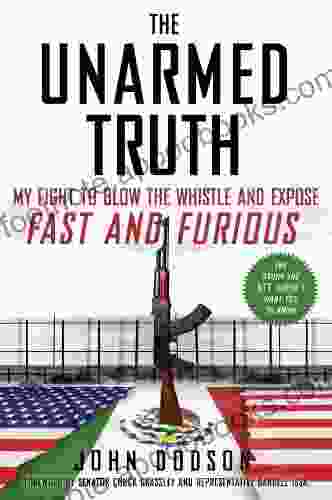
 Charles DickensMy Fight to Blow the Whistle and Expose Fast and Furious: The True Story of...
Charles DickensMy Fight to Blow the Whistle and Expose Fast and Furious: The True Story of... Mike HayesFollow ·19.8k
Mike HayesFollow ·19.8k Eric NelsonFollow ·19.5k
Eric NelsonFollow ·19.5k Joe SimmonsFollow ·12.3k
Joe SimmonsFollow ·12.3k Kelly BlairFollow ·17.2k
Kelly BlairFollow ·17.2k Ignacio HayesFollow ·11.9k
Ignacio HayesFollow ·11.9k Virginia WoolfFollow ·3.7k
Virginia WoolfFollow ·3.7k Bobby HowardFollow ·13.5k
Bobby HowardFollow ·13.5k Ken FollettFollow ·5.8k
Ken FollettFollow ·5.8k
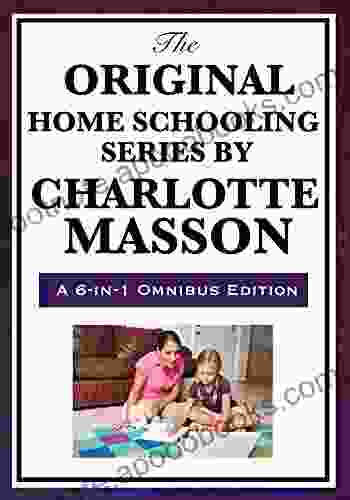
 Angelo Ward
Angelo WardThe Original Home School: A Journey of Love, Learning,...
In the annals of...
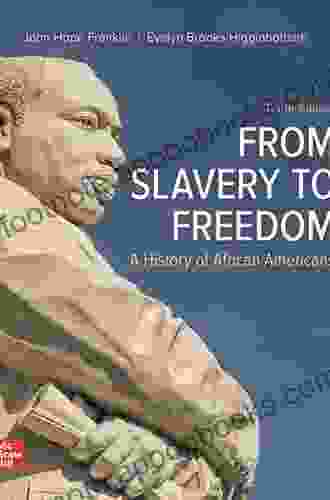
 Heath Powell
Heath PowellAfrican American Education in Slavery and Freedom: The...
The history of African...
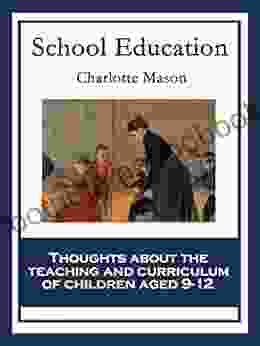
 Jamal Blair
Jamal BlairEmbrace the Wonder and Simplicity of Charlotte Mason...
Discover the...

 Cason Cox
Cason CoxUnveiling the Truth: A Mother's Courageous Journey to...
A Mother's Love Unbound: The Power of...

 Jamal Blair
Jamal BlairOver 100 Original Aussie Bush Ballads: A Journey Through...
Embark on a literary odyssey into the...
4.4 out of 5
| Language | : | English |
| File size | : | 3067 KB |
| Text-to-Speech | : | Enabled |
| Screen Reader | : | Supported |
| Enhanced typesetting | : | Enabled |
| Word Wise | : | Enabled |
| Print length | : | 330 pages |


